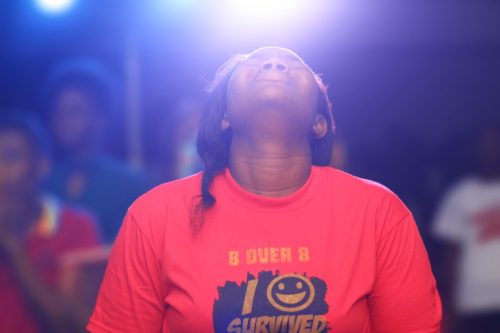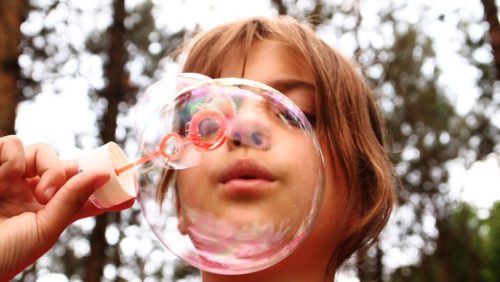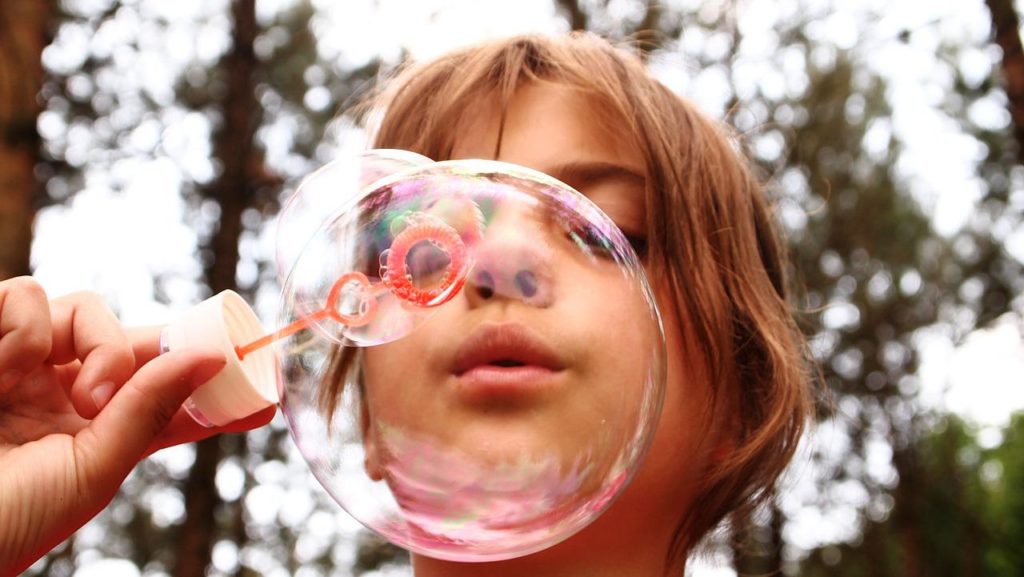Feeling Literacy is Revolutionary

We live in a culture that’s feeling illiterate. Invulnerability is prized. We’re supposed to be tough, rational, courageous. Feelings are viewed as a weakness. From an early age, we learn to suppress them, particularly the ones that have upset, frightened or angered caregivers, teachers, and other authority figures in our lives. We strive to appear rational and in control. In the process, we lose something really, really crucial: access to ourselves.
When we hide our feelings too well we can’t connect with ourselves. As a result, we repress our anger or sadness or joy or fear, disguising the “shamed” emotional experience with cover-up feelings to camouflage them. This creates a disconnect between us and our inner world.
Be a Feeling Rebel

Feeling–consciously and with awareness–means going against our cultural indoctrination. It means being a rebel, quietly, in your own body and mind. Many of us consider ourselves “smarter” than our feelings. We think we know all about feeling glad, sad, mad and scared. We know the words. We try to feel the feeling words that are “good,” and avoid feeling the ones that are “bad.” Feelings can be a nuisance, like excess baggage. They get in the way of our higher, rational, sensible goals. At worst, we may think of our feelings as something toxic or harmful. Better to bury them and hope they go away.
Feeling your feelings requires patience: a willingness to wait, see and attune. Like a fisherwoman who throws her line into the lake and waits, we need to be willing to be with ourselves in a way that’s conscious and still, and to sense into our experience. Feeling literacy requires mindfulness, diligence and openness to the world of feelings within us. It means identifying and verbalizing these feelings both to ourselves and others.
Feelings Deepen Intimacy

Why bother becoming feeling literate? Because in a relationship, developing feeling literacy helps us know ourselves and our needs better. It directs us to bring attention to our own experience. This is healing in and of itself. But it also helps us communicate who we are more honestly with our partners. Honest, vulnerable communication in relationships increases our chances of connecting.
Without this type of communication, our feelings lose their power to heal, reveal and guide. We don’t know aspects of our inner emotional life and so we can’t benefit from the important information they contain. We’re more likely to get confused about our own needs, boundaries, and fears. It’s harder to convey our limits and desires clearly and directly.
We can’t know ourselves if we don’t know our feelings. And we can’t share ourselves authentically if we don’t know ourselves.
Deepening Your Humanity

Becoming “feeling literate” is way of deepening your humanity. Often, this means spending time developing a nuanced awareness of your feelings, matching the words up with the felt experience of emotions in your body, learning to pick up on the subtle differences between feelings. Am I angry or irritable? Worried or afraid? Ashamed or embarrassed? We need to learn to thaw out the emotional experiences we were once shamed for. We need to access the raw intelligence that’s in all of our feelings. When we can increase our feeling literacy, the emotional spectrum of our lives broadens.







